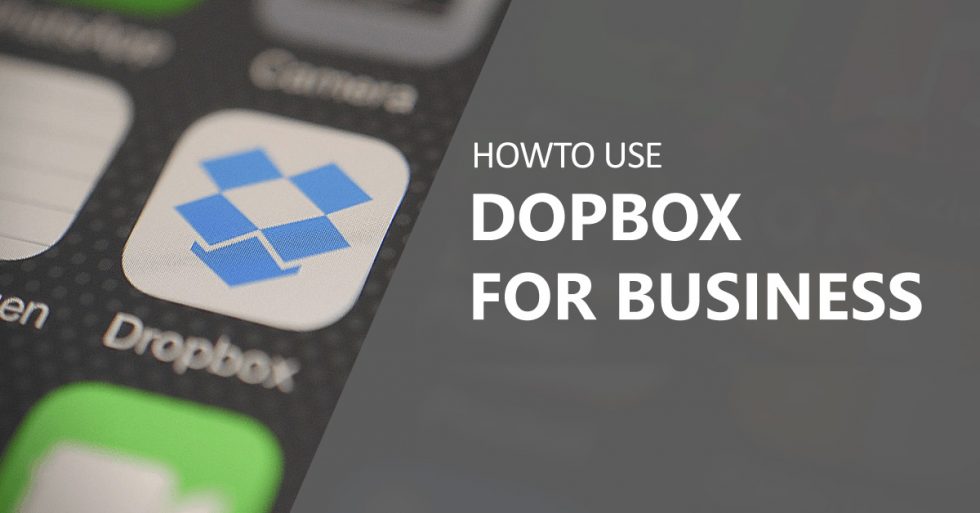
The Collaboration Scenarioĭropbox’s file synchronization features can make it much more effective to share documents across your company and contractors-regardless of physical location.

If you have established a sharing relationship with Dropbox folders on other devices, your file is also synchronized to those computers or iPhones automatically. And, you can retrieve files from it.īut when you place a file in your Dropbox folder, you are effectively adding the file not just to your local hard drive, but also to Dropbox’s web servers. Having taken these pretty basic steps, you’ll find a new folder in your computer, called, not surprisingly, “My Dropbox.” This new folder behaves just like other folders on your system or network. To use Dropbox, you will need to download the company’s proprietary software to your computer, install that software, and restart your system. This week, I’ll explain why I use Dropbox. “The PeC Review” is my weekly column created to introduce you to the products or services that I believe can help you improve your ecommerce business. For all of these reasons, I am giving Dropbox four out of a possible five stars in this, “The PeC Review.” Using skilled contributors, no matter where they are located, can be a boon for an ecommerce company, but there are also challenges associated with a global team, not the least of which is file sharing and version control.ĭropbox is a software-as-a-service (SaaS) file sharing, synchronization, backup, and collaboration solution that can help online merchants keep track of their documents, secure those documents and files from loss, and work better with team members in faraway places. And these disparate workers can be physically located anywhere from Grand Junction, Colorado, U.S.

What’s more, many of these small and midsized online merchants use contractors, consultants, or freelancers to help them with everything from application development and social media marketing to search engine optimization. Many small and midsized ecommerce businesses use virtual offices, meaning that shipping and logistics might be in Kentucky near the FedEx hub, web development could be managed in Italy, and the online store’s marketing and customer service teams may be in Oklahoma.


 0 kommentar(er)
0 kommentar(er)
